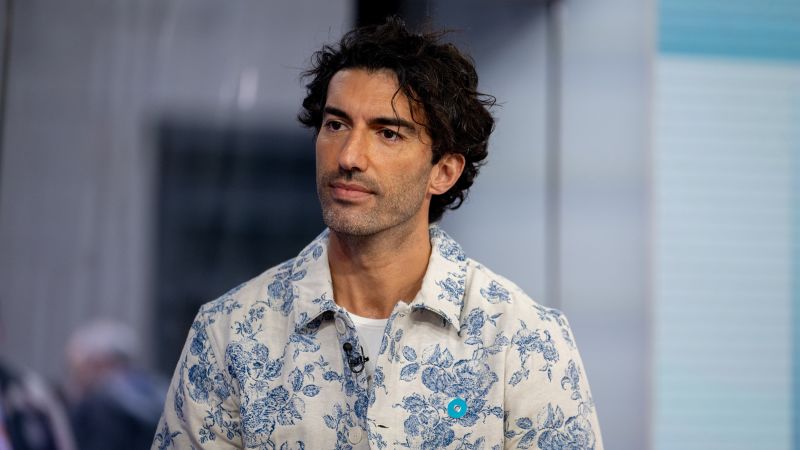The conclusion of The CW’s beloved telenovela, “Jane the Virgin,” in 2019 marked a significant turning point for Justin Baldoni, the actor who embodied Rafael in the series’ memorable love triangle. As he navigated the end of the show, Baldoni reflected on personal growth, emphasizing lessons learned both on and off-screen. He described this transformative journey as an exploration of masculinity, where he unearthed uncomfortable truths about himself, delving into themes of privilege and equality. His reflections were publicly shared during an interview with The New York Times, where he noted how the character Rafael mirrored his own life experiences.
Baldoni’s career post-“Jane the Virgin” has been multifaceted; he seized the opportunity to engage deeper with the concepts of modern masculinity. His pivotal TED Talk in 2017 captured widespread attention, challenging conventional notions of strength and vulnerability in men. He urged his audience to reflect on their capacity for bravery, sensitivity, and the importance of listening to women. These discussions contributed to a narrative around re-defining manhood in contemporary society.
However, Baldoni’s recent life took a darker turn when actress Blake Lively filed a complaint with the California Civil Rights Department, accusing him of sexual harassment and retaliatory behavior during the production of the film “It Ends With Us.” This domestic violence drama, despite achieving summer box office success, has faced scrutiny due to reports of creative discord and interpersonal tension, particularly between Baldoni and Lively.
In the allegations documented in Lively’s complaint, it is suggested that Baldoni, along with producer Jamey Heath, violated her personal boundaries and made inappropriate comments throughout their collaboration. After Lively raised her concerns, it was reported that an intimacy coordinator was subsequently introduced to oversee scenes involving her and Baldoni. This decision highlights the growing awareness and vigilance surrounding actors’ welfare on set in the wake of the #MeToo movement.
Further complicating the situation, Lively contends that Baldoni and his representative team proactively initiated a media campaign aimed at damaging her reputation, fearing her accusations would be publicly revealed. Named as defendants alongside Baldoni are his production company, Wayfarer Studios, and his PR team, indicating a wider organizational breach of professional conduct.
Baldoni’s legal counsel, Bryan Freedman, issued a robust denial of these allegations, describing them as “completely false” and incendiary in intention, aiming to garner public sympathy while disparaging Baldoni’s character. In the wake of these serious claims, Baldoni’s agency, William Morris Endeavor (WME), severed ties with him – a significant blow in an industry where such associations carry weight.
Following his success as a creative force in Hollywood, Baldoni also pursued endeavors promoting gender equity and mental health. His literature, including “Boys Will Be Human” and “Man Enough,” is well-received and extends into his podcast, which seeks to address masculine issues candidly. This dual-track career, merging his artistic talent with his passion for societal progress, allowed him recognition, including a recent award from Vital Voices for his advocacy efforts.
In spite of the turmoil stemming from Lively’s allegations, Baldoni continued celebrating his project, recently expressing gratitude to supporters upon the launch of “It Ends With Us” on streaming platforms. Nonetheless, with Lively’s lawsuit pending, the repercussions of the accusations will undoubtedly overshadow the project’s narrative.
Lively articulated her motivations for pursuing legal action, emphasizing the importance of accountability and the need to shine a light on retaliatory tactics against those who speak out about misconduct. Her statement reinforces the ongoing discourse surrounding harassment in the entertainment industry, advocating for safer spaces for individuals to voice their experiences without fear of reprisal.



